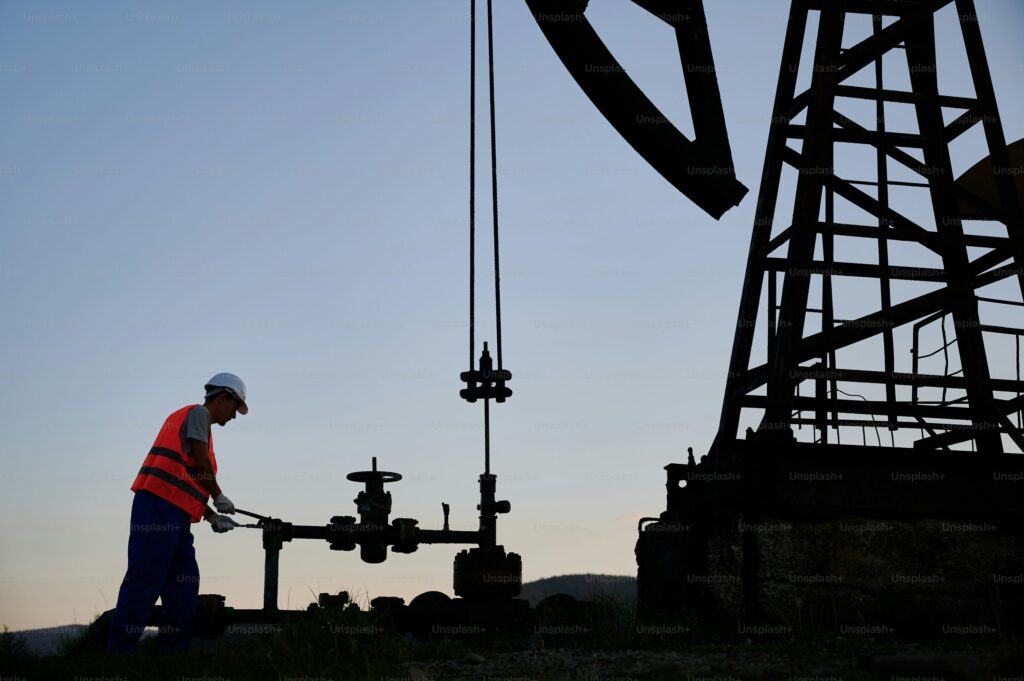One predictable consequence of December turning into January or a "9" clicking over to a "0" is retrospectives on the year or decade. And of course it turns out the big story was that climate change was big and terrible and everyone but idiots and losers finally got it. A writer in The Guardian said climate change denial was defeated in 2019. (Yes, again.) CTV said “The year the world woke up to the climate emergency”. Right. The one nobody cool ever heard of until 12 months ago. And Environment and Climate Change Canada blared, “Canada’s Top Ten Weather Stories of 2019 clearly show, once again, that more and more Canadians are being impacted by extreme weather, from devastating wildfires and flooding to destructive storms and record droughts.” But while more Canadians are being impacted by weather because there are more Canadians, there isn’t more extreme weather. From global wildfires to U.S. tornadoes to, er, Canadian extreme rainfall, the trends are down or non-existent, while increased urban flooding is not due to climate change. Even poor Glacier National Park administrators found themselves sneaking out when no one was looking and removing the “Gone by 2020” signs because its glaciers just sat there glacing.
Undeterred by the lack of actual signs of an emergency, Live Science gave us “10 Signs That Earth’s Climate Is Off the Rails” and shouted “Climate change is happening, it's real and it's our fault. The evidence is overwhelming — our planet is changing faster than it ever has before.” Which signs? Well, a “Polar Bear Invasion” which unless you live in the Arctic you probably didn’t have to worry about (and even if you did, as Vijay Jayaraj notes, it contradicts all the warnings alarmists were giving until recently about polar bears vanishing). Also “Record-breaking carbon dioxide levels” which is a cause not an effect, “Alaska got hotter than NYC this summer” which was due to checking the temperature on an airport runway, “Arctic fires were visible from space” because all major wildfires are visible from space and there were some in Siberia, and “More than 200 reindeer died from starvation”. We could go on, but the last one is so pathetic we’ll leave it there.
OK, one more: “The Arctic permafrost is rapidly disappearing.” Again unless you live there you wouldn’t have noticed, and even if you do live there you’ll know that it’s still wickedly cold which is why not many of us want to live there, and you probably haven’t lived there long enough to be so sure that it’s never happened before, as Live Science so blithely claims.
Hang it all, we’ll keep going. “More than half of the Greenland ice sheet melted”. Really? The massive thing 1500 km long, 1000 km wide and two to three km deep, well over 100,000 years old? Half of its estimated three million cubic kilometers of ice melted, raising sea levels by 12 feet? Well, no. But it sure sounded good, right? (What really happened is that more than half of the surface experienced some melting which unfortunately isn’t scary, it’s just the summer sun shining on some ice.)
As for the New York Times, it told us “A quarter of humanity faces a looming water crisis”. Which, all too typically, is a story about something that hasn’t happened but might. (Like the Columbia University Earth Institute’s “10 Climate Change Impacts That Will Affect Us All” like airplanes having more trouble taking off in hotter, less dense air.) Whereas according to Environment and so on Canada, we pretty much lived through the Apocalypse already.
“This year, Canadians in every region of the country were affected by extreme weather or climate events. They included destructive hurricanes, record flooding, snow storms, extreme cold, record heat, tornadoes, forest fires and poor air quality. These events resulted in hundreds of millions of dollars in property damage and billions of lost dollars for our economy. Many Canadians experienced brutally cold winters but, by the time summer came around, our North experienced record-breaking heat waves, with Arctic sea ice cover shrinking to its second lowest minimum extent on record. Cold winter conditions were experienced by almost all Canadians early in 2019. In spring, Prairie provinces saw record-breaking droughts, while Ontario, Quebec and New Brunswick were struck by catastrophic flooding.”
It sounds pretty bad. But note that half of it is about cold. By now they’ve given up on warming as warming. And they’re cherry-picking in a snowstorm. “On the first day of summer, farms in the East were saturated from non-stop rain.” Well? What about the second day? Then “In Western Canada, wildfires burned more area than they do on an average year” which oddly would happen every other year given what “average” means. Because Alberta was worst it got top billing “with Alberta's fires burning 14 times more land than last year.” And then there was Hurricane Dorian after which “a Halloween howler brought flooding rains and powerful wind that took out power for over a million Quebec residents.”
CTV also went end-of-the-worldy, praising Extinction Rebellion as “harbingers of the apocalypse” as though it were a good thing. Funnily enough in Ottawa the first really cold (-20) day was Dec. 18. Which was 5 days earlier than usual, though the earliest ever recorded back in 1883 was Nov. 16 and the latest was 2002’s Feb. 5. So just kind of normal. Mind you cold, not heat, on the Prairies is a significant problem if it becomes a trend, given the already short growing season in much of that region.
Now a few spoilsports took this year- and decade-end opportunity to point to failed predictions including, from Willis Eschenbach, a series of duds about U.S. energy production from just 10 years ago that prompted him to say “we are assured that these energy projections are being made by Really Smart People™, the same kind of folks making the climate predictions … and they can’t predict a mere ten years ahead?” He went on to print some naughty graphs including one showing atmospheric CO2 rising over the past 6,000 years while Greenland temperatures fell, and said until we can explain the past, things like the Medieval Warm Period and Little Ice Age, we ought not to be too blithe about explaining the future.
Meanwhile Anthony Watts took a swing at “Climate Prediction Swings and Misses: A Decade of Alarmist Strike Outs, 2010-2019” courtesy of Steve Milloy at Junk Science that show that the alarmists’ explanations of the future haven’t been worth anything, from an ice-free Arctic to global famine. And Charles Rotter dug up the 2004 alarm about a Pentagon study predicting climate catastrophe by 2020 including the Atlantic conveyor stopping and North America cooling and Europe plunging into Siberian conditions while drought wiped out agriculture and storms swept us all away. But never mind.
The point is, the debate ended in 2019, again. As it will in 2029. And also in December 2020. And so on, as the polar bears come and go, it rains or doesn’t, snow falls and then melts and whatever else signifies the end of the world.



The worst thing is, we have a goverment that believes this is all true. Act and governs like this is all true and propagandize like it is all true.
Maybe even worse is that halve of the Canadians wants this government.
It is this clear from events of this past election that a large plurality of Canadians are sold on the idea of so called climate change, as are all political parties it seems. I think, hopefully as you do, that climate change is a hoax to push through a political and social engineering agenda. I don't know where this is going to go. If in ten years nothing happens with climate, will the pundits claim that it is because we acted - no doubt by distorting the evidence- , or will we be onto some other issue with high costs of energy and living accepted. I would be interested in hearing your thoughts on the potential social and economic consequences of this current craze and what should we, the dissenters, be doing. I have given this a lot of though, in my view we should simply refute the claim of climate change flat out and call the bluff. I see no other way to counter these extraordinary, gratuitous and pervasive claims. It will take big organizations and considerable resources to do that and I belong to none, nor wish to. In Canada, for example, I think taking on the CBC and calling them to task with a law suit for irresponsible misinformation would be a good start.
It is this clear from events of this past election that a large plurality of Canadians are sold on the idea of so called climate change, as are all political parties it seems. I think, hopefully as you do, that climate change is a hoax to push through a political and social engineering agenda. I don't know where this is going to go. If in ten years nothing happens with climate, will the pundits claim that it is because we acted - no doubt by distorting the evidence- or will we be onto some other apparent peril with high costs of energy and living accepted. I would be interested in hearing your thoughts on the potential social and economic consequences of this current craze and what should we, the dissenters, be doing. I have given this a lot of though, in my view we should simply refute the claim of climate change flat out and call the bluff. I see no other way to counter these extraordinary, gratuitous and pervasive claims. It will take big organizations and considerable resources to do that and I belong to none, nor wish to. In Canada, for example, I think taking on the CBC and calling them to task with a law suit for the irresponsible dissemination of misinformation would be a good start.
As you know, the goverment has the media in his pocket, with our taxdollars. And also the resources, our taxdollars, for lawyers. So a plea to big organizations to stop the propaganda is more than appropriate.
Thank you Cees, yes indeed I do know as you say ... Perhaps the folks here on Climate Discussion Nexus can heed my point and start the process by talking to people, who know people that can do something.
excellent plan. We have to stand against the barrage of alarmism from the govt and MSM, or they will surely overwhelm us.